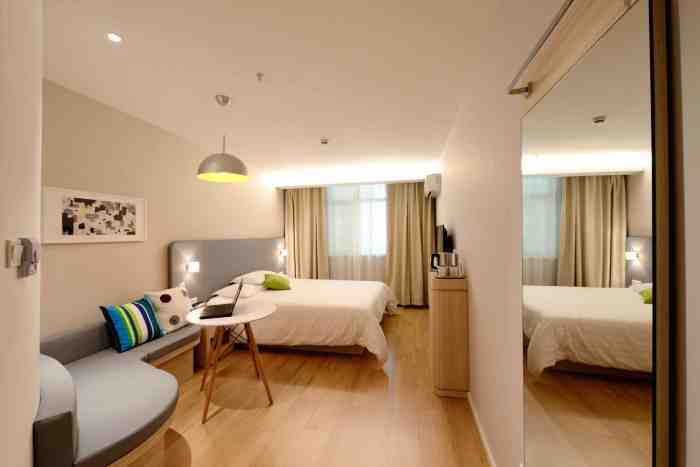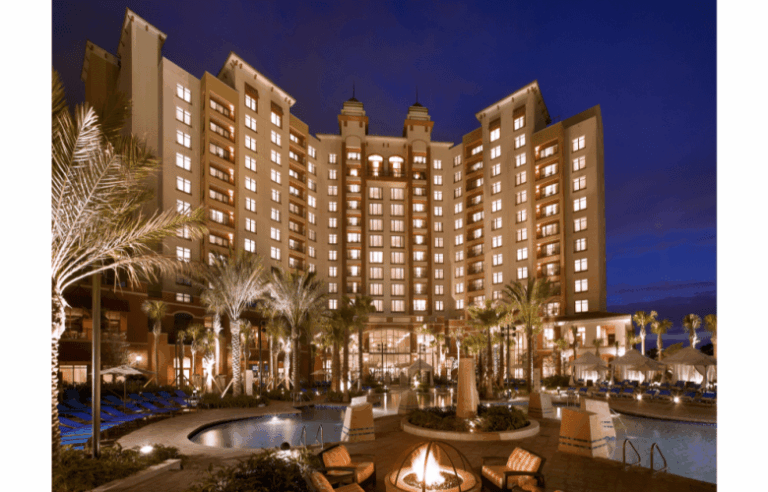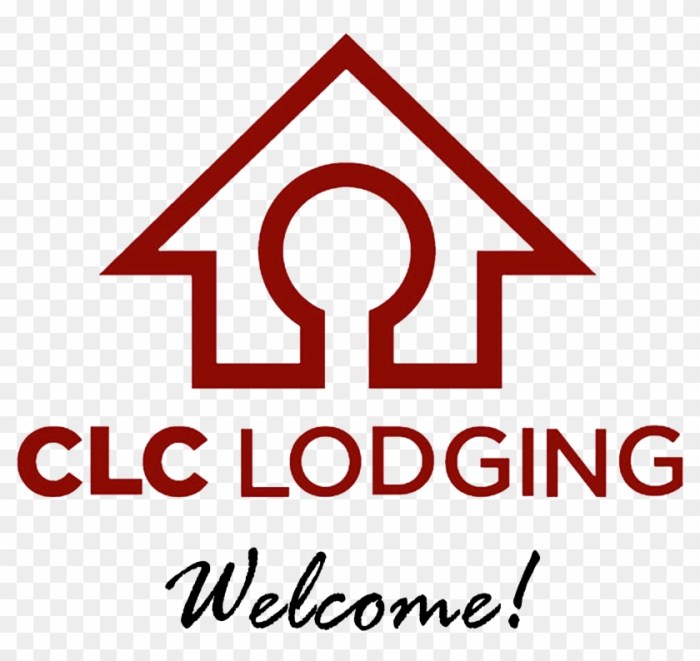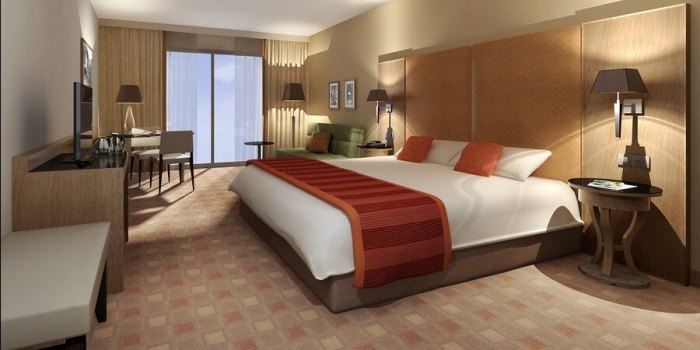Best Hotels for Business Travel Your Guide
Best hotels for business travel are crucial for a productive trip. They offer more than just a place to sleep; they’re environments that support your work. From executives needing high-speed internet and quiet meeting rooms to field workers requiring convenient transportation links, understanding your needs is key. This guide explores various aspects, from location and amenities to budget and sustainability, to help you choose the perfect hotel for your next business trip.
We’ll delve into the diverse needs of different business travelers, analyzing the crucial factors that influence their hotel choices. From short-term conference stays to extended project work, the optimal hotel will align with specific requirements. We’ll also evaluate amenities like business centers, meeting rooms, and high-speed internet, and examine how location, reputation, and budget all play vital roles in your decision-making process. Ultimately, finding the best hotel involves balancing your needs with your budget and considering the values you hold dear, like sustainability.
Defining Business Travel Needs
Business travel is a critical component of modern commerce, facilitating collaboration, networking, and the exchange of ideas. Understanding the diverse needs of business travelers is paramount for hotels aiming to cater to this crucial market segment. The right hotel can significantly impact a business trip’s success, fostering productivity and a positive experience.
Types of Business Travelers, Best hotels for business travel
Different business travelers have varying needs, influenced by the nature of their work and the purpose of their trip. Executives often prioritize high-end amenities, private meeting spaces, and seamless access to executive services. Conference attendees typically seek well-located hotels with convenient access to conference centers and ample meeting space. Field workers may prioritize flexibility, accessibility, and proximity to their work sites. Understanding these distinctions helps hotels tailor their offerings to specific needs.
Factors Influencing Hotel Choice
Several factors play a crucial role in the selection of a business hotel. Location is often paramount, especially for attendees of conferences or meetings. Proximity to business centers, transportation hubs, and key clients can significantly impact the efficiency of a business trip. Amenities such as high-speed internet, comfortable meeting rooms, and 24/7 concierge services are highly valued by business travelers. Price is a critical consideration, as budget constraints often influence choices. Hotels must balance cost-effectiveness with the quality of service and amenities.
Business Travel Scenarios and Hotel Preferences
Various scenarios shape the preferences of business travelers. Short-term stays for conferences often require hotels near the conference venue, with ample meeting rooms and reliable internet access. Extended stays for project work necessitate comfortable accommodations, access to workspaces, and perhaps even kitchenettes for long-term convenience. Hotels catering to these scenarios need to offer customized packages or amenities.
Key Criteria for Selecting a Business-Friendly Hotel
Selecting a suitable hotel involves assessing several key criteria. Meeting rooms are essential, especially for presentations, brainstorming sessions, and workshops. High-speed internet access is critical for completing work and staying connected. Transportation links to airports, train stations, and other public transport are vital for efficient travel. Proximity to key business districts or client locations is another important aspect for maximizing efficiency and minimizing travel time. Hotels should provide clear information on their facilities, services, and location to facilitate informed decisions.
Examples of Business Travel Scenarios and Corresponding Preferences
| Scenario | Hotel Preferences |
|---|---|
| Short-term stay for a product launch conference | Hotel near the convention center, easily accessible via public transport. Ample meeting rooms, high-speed internet, and a variety of catering options. |
| Extended stay for a project team in a new city | Hotel with fully equipped meeting rooms, reliable internet, and kitchenettes or access to communal kitchen facilities. A location close to the project site or business district. |
| Executive visiting clients | Luxury hotel with a business center, private meeting rooms, concierge service, and excellent dining options. Proximity to business districts and important clients. |
Evaluating Hotel Amenities for Business Travel: Best Hotels For Business Travel
Choosing the right hotel for business travel is crucial for maintaining productivity and achieving objectives. Beyond the location and room quality, the hotel’s amenities play a significant role in optimizing the traveler’s experience and facilitating successful work. A well-equipped hotel can transform a potentially stressful trip into a productive and efficient one.
Comparison of Essential Hotel Amenities
Essential amenities directly impact a business traveler’s efficiency. The availability of these features can significantly improve productivity, allowing for focused work and seamless transitions between meetings and other activities. A well-considered selection of these amenities contributes to a positive and professional environment.
| Amenity | Description | Importance for Business Travelers |
|---|---|---|
| Business Center | Equipped with computers, printers, and other office equipment. | Provides a dedicated workspace for completing tasks, printing documents, and conducting online research, enhancing efficiency. |
| Meeting Rooms | Dedicated spaces for conferences, presentations, and smaller meetings. | Offers focused environments for productive collaboration, fostering better communication and teamwork. |
| High-Speed Internet | Reliable and fast internet access. | Essential for remote work, research, and communication, ensuring seamless connectivity. |
| 24/7 Concierge | Assists with various needs, from arranging transportation to booking restaurants. | Facilitates smooth operations, especially for last-minute arrangements or unexpected issues, improving the traveler’s experience. |
Categorization of Meeting Rooms
The functionality and layout of meeting rooms significantly impact the effectiveness of business meetings. Different types of meeting rooms cater to various needs and group sizes.
| Type of Meeting Room | Size | Technology | Acoustics |
|---|---|---|---|
| Small Boardroom | 6-10 people | Projector, screen, and potentially a sound system. | Generally well-insulated, reducing outside noise and ensuring clear audio. |
| Large Conference Room | 15-30 people | Large screen, advanced presentation tools, and sound system. | May require specific soundproofing techniques to ensure clear audio in a larger space. |
| Multi-Purpose Room | Flexible capacity | Configurable technology to suit various needs, often including screens, projectors, and sound equipment. | Design often prioritizes flexibility and good sound absorption. |
Value Proposition of Unique Amenities
Specific amenities, beyond the basics, offer additional value to business travelers. These amenities contribute to a positive experience, enabling smoother work processes and a more comfortable environment.
- Airport Shuttle:
- A convenient and reliable transportation option between the hotel and the airport. This amenity reduces travel time and stress, enabling a smooth transition from travel to work and vice versa.
- Complimentary Breakfast:
- A complimentary breakfast provides a quick and nutritious meal, allowing for a productive start to the day. This can help to reduce the stress of having to find food and make time to eat before important meetings.
- On-site Fitness Center:
- Provides a space for exercise and relaxation, supporting physical and mental well-being, which can improve focus and overall efficiency during business travel.
Location and Accessibility
Choosing a hotel for business travel hinges significantly on its location. A strategic location facilitates efficient use of time and resources, critical for maximizing productivity during a business trip. Proximity to key business areas, transportation hubs, and airports directly impacts the effectiveness of meetings, presentations, and overall work schedule.
A well-situated hotel streamlines travel arrangements, minimizing wasted time on commutes and maximizing time dedicated to essential tasks. The accessibility of the hotel plays a pivotal role in overall business trip success.
Significance of Proximity to Key Locations
The ideal business hotel location prioritizes ease of access to airports, business districts, and transportation hubs. This proximity minimizes travel time, reducing the strain on a busy schedule and allowing more time for meetings and work. Consider hotels near major airports, as this streamlines travel for both arrival and departure. Similarly, a hotel in a business district provides quick access to client meetings, conferences, and important business activities.
Importance of Public Transportation Links
Public transportation links are critical for business travelers. Hotels situated near subway stations, bus terminals, or train stations provide cost-effective and convenient options for navigating the city. This accessibility is essential for reaching various destinations, including client offices, venues, or important business locations.
Factors Affecting Location Convenience
Several factors influence the convenience of a hotel’s location. Walkability, for instance, is a significant aspect for business travelers. Hotels located in easily walkable areas minimize travel time and expense, offering a practical solution for quick errands or meetings. Parking availability is another crucial consideration. Adequate parking can alleviate the stress of finding and paying for parking and reduce the time required for this task. The ease of access to key destinations, such as client offices or conference centers, is a critical factor in determining a hotel’s suitability. For example, a hotel near a convention center is ideal for those attending a conference, and one near client offices will improve the efficiency of client meetings.
Selecting a Hotel with Optimal Access to Major Business Centers
To select a hotel with optimal access to major business centers, carefully research the location’s proximity to key areas. Look for hotels situated near airports, train stations, or subway lines. Examine the walkability of the area and the availability of parking. A hotel near the business district and key destinations will significantly enhance the efficiency of a business trip. Consider online reviews and ratings to gauge the accessibility of the hotel, based on traveler experiences. Incorporate this into your selection process to ensure the hotel’s location aligns with your business needs. For example, a hotel near a major convention center will benefit conference attendees by minimizing travel time. Similarly, a hotel near client offices will reduce travel time and enhance efficiency during client meetings.
Hotel Reputation and Reviews

Source: travelworx.aero
Hotel reviews are a critical factor in selecting the best accommodation for business travel. They offer insights into the guest experience, revealing details beyond a hotel’s advertised amenities. Understanding how to evaluate these reviews allows travelers to make informed decisions, ensuring a productive and comfortable stay.
Hotel reviews provide a valuable window into the reality of a hotel experience, going beyond marketing materials to offer firsthand accounts. They offer crucial feedback on aspects like cleanliness, staff responsiveness, and overall value, which can significantly impact the success of a business trip.
Importance of Hotel Reputation
Hotel reputation, built on the cumulative feedback of numerous guests, is a significant indicator of a hotel’s quality and suitability for business travel. Positive reviews often reflect a hotel’s commitment to customer satisfaction, its ability to address guest needs effectively, and its overall suitability for business travelers. Conversely, negative reviews highlight potential issues and areas needing improvement.
Review Platform Comparison
Different review platforms provide varying perspectives on the same hotel. TripAdvisor, for example, often focuses on a broader range of experiences, including leisure travelers and those seeking value-oriented stays. Google Maps, on the other hand, often emphasizes local perspectives and may provide more specific insights into business traveler needs, such as proximity to work locations or meeting facilities. Understanding the nuances of each platform’s user base allows for a more nuanced evaluation of the hotel’s appeal to business travelers.
Identifying Trustworthy Reviews
Genuine reviews are crucial for accurate assessment. Look for reviews with specific details, rather than overly general comments. Reviews that describe the hotel’s amenities, the service provided, and the overall ambiance offer a more reliable gauge of the guest experience. Be wary of overly enthusiastic or overly negative reviews; these might represent extreme opinions rather than typical experiences. Reviews backed by supporting details, like specific interactions with staff or detailed descriptions of room amenities, tend to be more reliable.
Analyzing Hotel Ratings and Metrics
Analyzing hotel ratings provides a numerical representation of guest experiences. Cleanliness ratings indicate the hotel’s commitment to hygiene and upkeep, a crucial factor for many business travelers. Staff ratings reflect the hotel’s service quality and responsiveness to guest needs, particularly important for those needing assistance with travel arrangements or logistical support. Value ratings offer insights into the cost-effectiveness of the stay, a key concern for business travelers managing budgets. By considering these ratings in combination, a more comprehensive picture of the hotel’s suitability for business travel emerges.
Example of a Review Analysis
Consider a hotel with an average rating of 4.5 stars on TripAdvisor and Google Maps. Positive comments about the hotel’s convenient location, helpful staff, and comfortable rooms consistently appear. Combined with relatively high cleanliness and value scores, this suggests a high likelihood of a positive business travel experience. Conversely, a hotel with consistently negative comments regarding noise levels and slow service, despite a 4.0 rating, might not be suitable for a demanding business trip.
Sustainability and Social Responsibility
Modern business travelers are increasingly mindful of the environmental and social impact of their choices. This heightened awareness is driving a significant shift in the hospitality industry, prompting hotels to adopt more sustainable practices and demonstrate social responsibility. This trend reflects a broader societal shift towards ethical consumption and a desire for more responsible travel.
Hotels are recognizing that sustainable and socially responsible practices are not just good for the planet and society but also contribute to a positive brand image, attracting environmentally conscious customers and ultimately, boosting profitability. Hotels that integrate these principles into their operations and ethos are well-positioned to succeed in the future.
Growing Importance of Sustainability
Sustainability in the hospitality industry encompasses a wide range of practices aimed at minimizing environmental impact. This includes reducing energy consumption, minimizing waste generation, sourcing sustainable materials, and implementing water conservation strategies. Hotels are recognizing that sustainable practices contribute to a positive brand image and appeal to environmentally conscious travelers.
Influence on Business Travel Choices
Business travelers are increasingly considering sustainability and social responsibility when selecting hotels. Factors like the hotel’s commitment to reducing its carbon footprint, its waste management strategies, and its use of renewable energy are becoming key considerations in decision-making. A hotel’s transparent communication about its sustainability efforts can significantly influence a business traveler’s choice.
Eco-Friendly Practices and Social Initiatives
Hotels are adopting a variety of eco-friendly practices. Examples include using energy-efficient lighting and appliances, implementing water-saving fixtures, utilizing renewable energy sources like solar panels, and partnering with local suppliers for food and other materials. Social initiatives may involve supporting local communities through job creation, fair trade practices, or charitable donations.
Assessing a Hotel’s Commitment
Evaluating a hotel’s commitment to sustainability and social responsibility requires a multi-faceted approach. Looking for certifications like LEED (Leadership in Energy and Environmental Design) or Green Globe can provide valuable insights. A hotel’s public statements, website information, and guest reviews can also offer clues. Furthermore, investigating the hotel’s waste management procedures, energy efficiency measures, and procurement policies can offer further insights into their sustainability and social responsibility efforts.
- Transparency and Disclosure: Hotels should be transparent about their sustainability initiatives and policies. This includes disclosing energy consumption, waste generation, and water usage data. Clear communication builds trust and demonstrates a commitment to sustainability.
- Certifications and Standards: Certifications like LEED or Green Globe indicate a hotel’s adherence to recognized sustainability standards. These certifications can be a strong indicator of the hotel’s commitment to environmental protection.
- Local Community Engagement: Hotels that actively engage with local communities through job creation, fair trade practices, or charitable donations demonstrate a stronger commitment to social responsibility. This is a crucial factor for travelers seeking to support ethical practices.
- Waste Reduction and Recycling: Hotels should implement comprehensive waste reduction and recycling programs. Efficient waste management practices demonstrate a commitment to environmental sustainability.
Summary

Source: blueberrygroup.org
In conclusion, selecting the best hotel for business travel requires careful consideration of numerous factors. From understanding your specific needs and preferences to evaluating location, amenities, and reputation, this guide provides a comprehensive framework for making informed decisions. Ultimately, the ideal hotel is the one that optimizes your productivity, ensures comfort, and aligns with your priorities. Remember, the right hotel can significantly impact the success of your business trip. Consider the factors mentioned above to find your ideal business travel accommodation.





